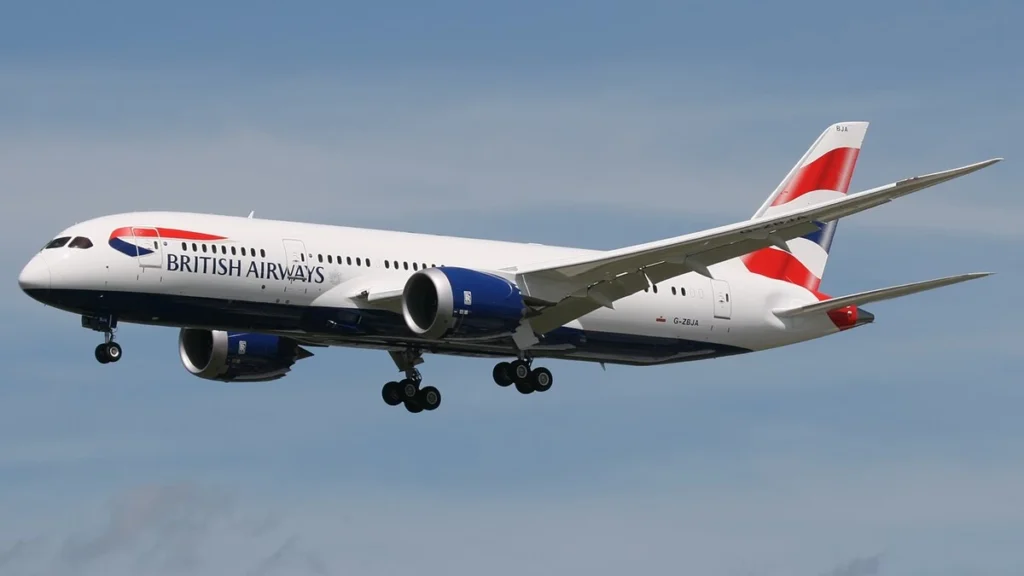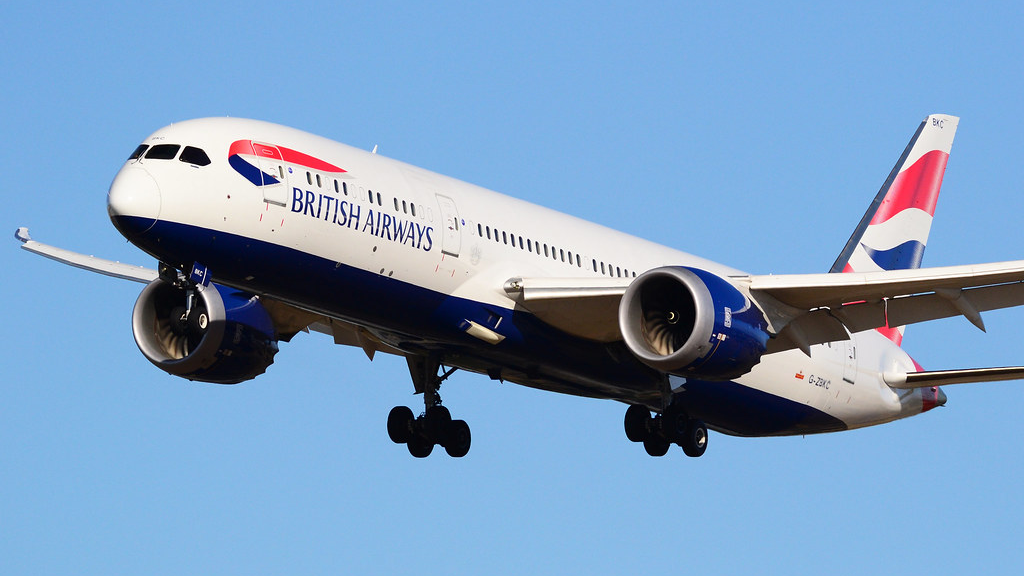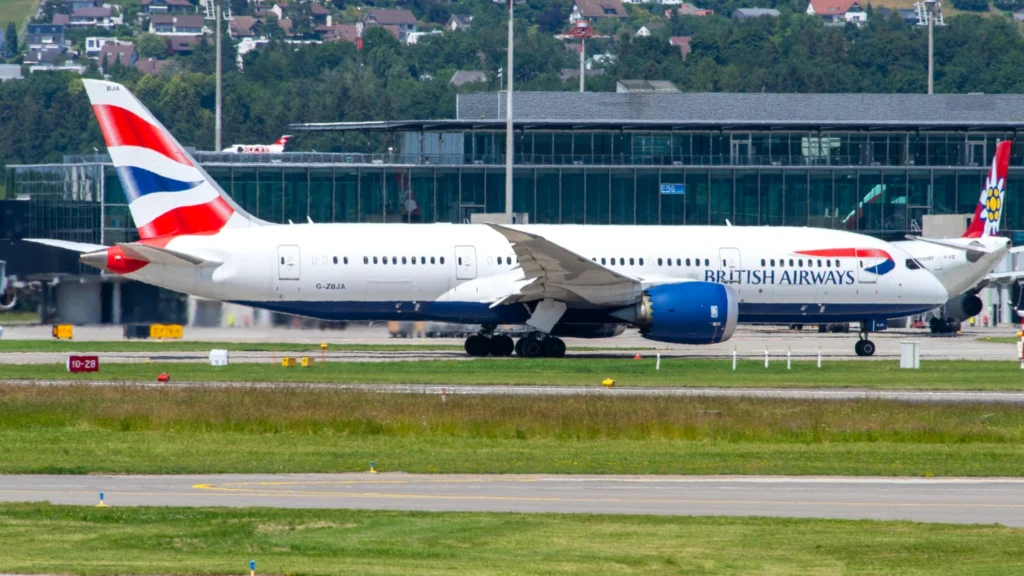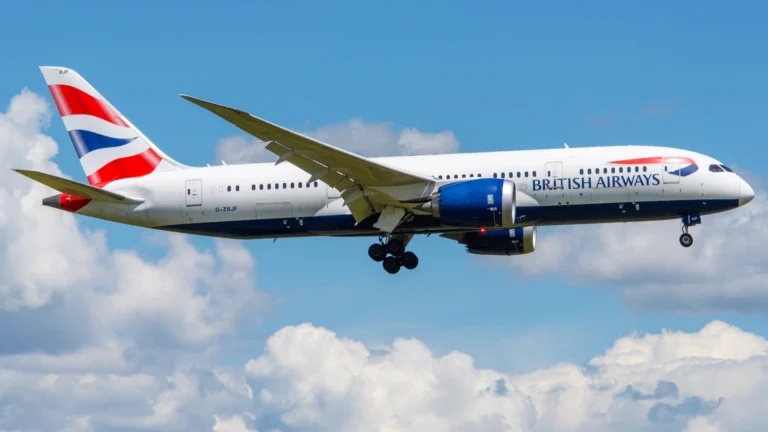LONDON- A family was removed from a British Airways (BA) flight at Shanghai Pudong International Airport (PVG) due to their baby’s insect bite rash, sparking debate over airline safety protocols.
The incident, involving parents Arthur and Xun Sun, highlights tensions between passenger rights and airline caution.
British Airways defends its decision, citing safety concerns, while the family claims they were unfairly treated and seeks a refund for their £3,000 tickets.

British Airways Removes Family From Flight
On May 1, Arthur, 34, Xun Sun, 35, and their one-year-old son Joseph were set to board a British Airways (BA) flight from Shanghai Pudong International Airport (PVG) to London Heathrow Airport (LHR) for a family wedding.
Minutes before takeoff, airline staff noticed red marks on Joseph’s skin, later identified as insect bites, possibly from bed bugs or mosquitoes at their hotel.
According to PYOK, the family explained the rash was minor, caused by insect bites and diaper irritation, and disclosed Joseph’s mild peanut allergy when questioned at check-in.
Airport medical staff advised applying the ointment and waiting 10 minutes, which the family followed.
However, British Airways staff escalated the issue, contacting a 24/8 medical advice hotline. The hotline doctor, unable to assess the rash remotely, recommended a “fit to fly” certificate from a local doctor.
Despite the bites subsiding, the airline removed the family’s luggage and denied boarding, leaving Arthur and Xun feeling humiliated.
They purchased tickets on another airline to attend the wedding and are now seeking a refund.

Response from British Airways
British Airways (BA) maintained that safety and health are top priorities. In a statement, the airline clarified, “We take the safety and well being of our customers very seriously and do everything we can to support them when issues like this arise.”
This included using third-party medical expertise to determine the passenger’s fitness to fly.
The family viewed the incident as humiliating and unnecessary. Arthur said, “We were treated like we had done something wrong.”
He also expressed frustration that a remote advisor, without seeing the child in person, could overrule on-site observations and deny them boarding.
Ultimately, the family sought care from a local doctor who confirmed the rash was due to insect bites, possibly from bed bugs or mosquitos at their hotel. The doctor issued a fit to fly certificate and prescribed antihistamines.
To avoid missing their event, the couple purchased new tickets with another airline the same day. They are currently seeking a refund for the original £3,000 British Airways fare.

Medical Clearance Policies
Ultra-long-haul flights like the Shanghai–London route (approx. 14 hours) leave little room for in-flight medical emergencies.
High altitude cruising over remote terrain adds risk, which is why airlines rely on third-party medical advisory systems to evaluate borderline health cases.
As a precautionary protocol, crew and ground staff are instructed not to make independent health decisions.
In Joseph’s case, the inability of the hotline doctor to confidently clear him left British Airways with little choice under its policy.
Although inconvenient, such decisions aim to avoid complications mid-flight where immediate medical aid is limited.
While the family’s frustration is understandable, airlines must consider the health of all passengers onboard.
Stay tuned with us. Further, follow us on social media for the latest updates.
Join us on Telegram Group for the Latest Aviation Updates. Subsequently, follow us on Google News

